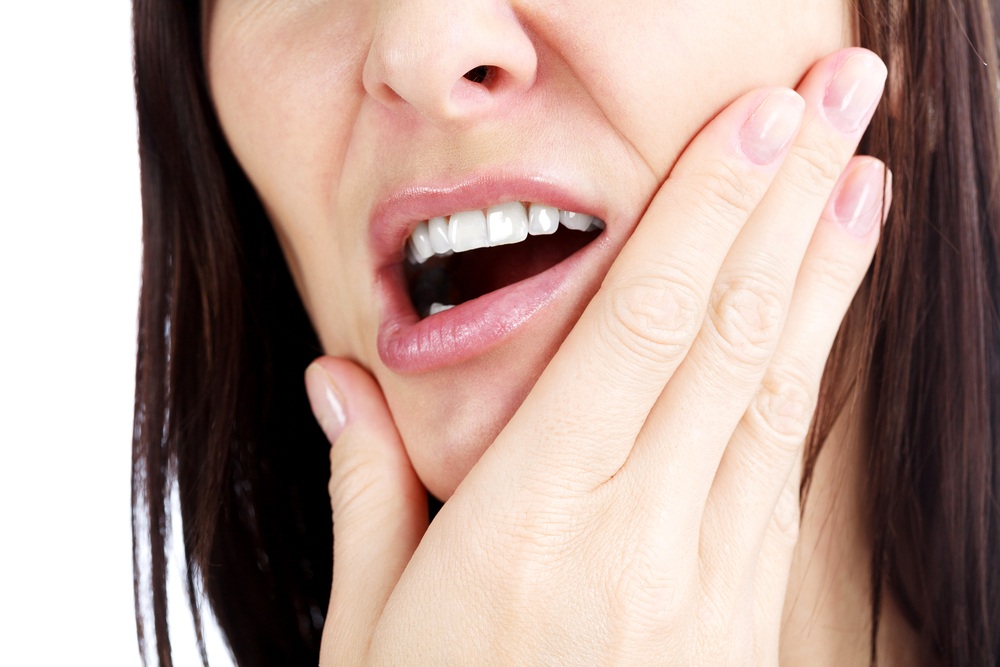Your oral health goes beyond merely taking good care of your teeth. We can determine if issues exist in our oral care routine if we notice significant pain in our jaws. These issues can present as your jaw getting stuck, painful clicking, popping, and potentially even frequent headaches. As you go to your dentist to get an opinion and diagnosis on your jaw, ask them about the possibility of you suffering from a temporomandibular joint disorder. What is a temporomandibular joint disorder? We are delighted you asked!
What Exactly is a TMD/TMJ?
Your temporomandibular joint allows you to open and close your mouth while also sliding your jaw in different directions. It’s a multifunctional joint that you need for proper function across everyday life. So when this joint suffers from diseases that affect the muscles or other joints or an injury to the connective tissues around the joint itself, or if you have become a habitual tooth grinder, multiple areas of your daily routine can be affected. Knowing the root cause of this complex system’s pain will help you and your dentist devise a treatment plan to help you moving forward.
What are Some TMD/TMJ Symptoms?
While some medical conditions like sinus infections can affect your jaw in similar ways to TMDs, you can still identify tell-tale signs that will rule out a secondary condition. Some of the most common symptoms associated with a TMD/TMJ include:
- Pain in or around the ear
- Pain when chewing
- Tender jaw muscles
- Painful clicking or popping while opening or closing your jaw
- Difficulty opening or closing your mouth
- Pain when opening your mouth wide
- Headaches, facial, or neck pain
When you visit your dentist, and you currently experience any of these symptoms, let them know so they can begin looking at TMDs/TMJs as a possible diagnosis.
What Are My Treatment Options?
While identifying a TMD/TMJ can prove challenging, dentists typically focus on treating the symptoms associated with them. Some of the treatments you can do on your own to alleviate some of the pain include:
- Eating softer food
- Limiting wide jaw movements
- Avoiding biting down on anything hard
- Applying a moist and warm compress
If your jaw pain persists, then your dentist may prescribe dedicated exercises to strengthen your jaw muscles, medications designed to treat specific symptoms, or a nightguard to decrease the amount of tooth grinding or clenching that happens while you sleep. Consulting your dentist is the best way to determine your treatment plan and address your jaw pain.
Jaw pain can affect people of all ages, so if your children currently experience jaw pain, take them to your favorite children’s orthodontist in Mercer County, NJ, Hamilton Dental! We can also help with your ceramic crowns for patients in Hamilton, NJ! Contact our team to schedule your next appointment today!







